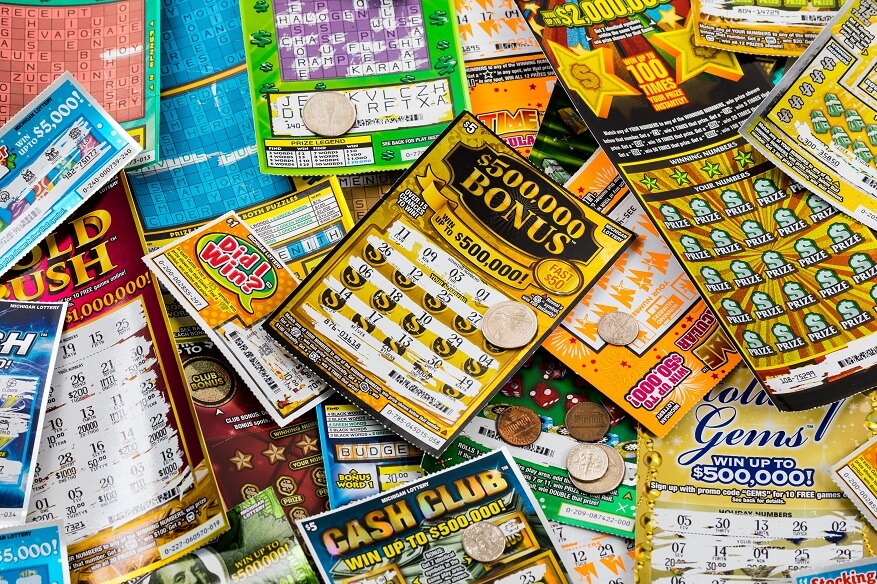
Lottery reported its second-best year for sales and third-best year for profit, despite COVID-19.
RICHMOND – Over the past year, COVID-19 hit a variety of industries and businesses in the Commonwealth. The Virginia Lottery, though, felt no such impacts. According to Virginia Lottery Spokesperson John Hagerty, lottery sales did briefly decline at the very beginning of the pandemic. Sales in March 2020 were down 21% from the previous year, and April sales dipped by 8%.
“By the second half of April, we were seeing sales rebound to roughly where they were before the pandemic,” Hagerty said. He added that while sales in Fiscal Year 2020 declined “a bit,” the period from July 2019-June 2020 was “still our second-best year for sales and third-best year for profits.”
During a year when the Virginia General Assembly cut the budgets of several departments in its re-enrolled budget, the Lottery’s spending authorization stayed the same. The Lottery is self-sufficient and tax dollars don’t support it, but the General Assembly authorized it to spend as much on operations and prizes as in prior years. This is because the Va. Lottery remains incredibly profitable. It generated $2.15 billion in sales last year and $595 million in profits.
Several factors could explain the durability of the statewide lottery, including, paradoxically, the economic recession.
Folks Turn to Lottery for Economic Help
Studies show that lottery sales actually tend to increase when economic times are bad. Low-income folks who are in basically permanent economic straits also play the lottery more frequently. Some people argue that because poor people spend a larger fraction of their income buying lottery tickets than other groups, the lottery is exploitative. On the other hand, a 2016 Gallup poll showed that nearly half of all Americans had played the lottery in the past year, with a greater proportion of upper-income people saying they had bought a ticket (53%) than lower-income people (40%).
In any case, it’s arguable that people unable to save money or conceive of a reasonable way to improve their personal economic situation will turn to the lottery. The chances of winning one of the huge jackpots is infinitesimal (1 in several hundred million). But ticket sales skyrocket when total winnings hit historic highs. The Virginia Lottery is experiencing such a period now, as the Mega Millions game touts its eighth-ever largest jackpot at $520 million.
Even after taxes, that’s a pretty penny. And in a recession, robbed of other options to find financial stability, people figure it’s worth the $2 investment to buy a ticket, on the off chance it wins.
Gambling as an Investment
Even outside of the pandemic, surveys show that folks who are struggling economically consider the Lottery a viable path to solvency. Millennials are a generation of people who have struggled to find a foothold economically due to historic recessions, rising tuition costs, stagnant wages and the stranglehold of student loan debt. They play the lottery in a desperate attempt to build up a savings account.
A report from the investing app Stash showed 60% of millennials think winning the lottery is a reasonable retirement plan. It’s as likely to pay off as a savings account or 401k, since millennials can barely afford those at all. According to the Stash report, 76% of millennials are living paycheck to paycheck, and 29% of millennial women have debt and are unable to save.
Online Games Have Been a Boon
On July 1 of last year, the Virginia Lottery launched online games, which have boosted its profits. Prior to July 1, the Lottery was statutorily prohibited from selling tickets online, Hagerty, the Virginia Lottery spokesperson, explained. That ban was lifted by the General Assembly during its 2020 session.
“In today’s marketplace, consumers expect you to be online. Offering products online is meeting consumers where they are,” Hagerty said. “Retail stores still make up the bulk of our sales. Those ‘brick and mortar’ businesses are hugely important to us.”
But lottery sales since July 1 are “well ahead of last year’s pace, and online play is one of the main reasons,” he added.
In the first half of Fiscal Year 2021, Virginia Lottery sales totaled $1.43 billion. That means the operation is on track to exceed $2.8 billion for the year, compared with $2.15 billion last year.
Entertainment and Other Benefits
It’s possible, however, that sales held steady simply because playing is fun. In these turbulent times, choosing some numbers and waiting with eager anticipation for a drawing can serve as a nice distraction.
That’s basically how Fairfax County resident and frequent player Peter Stinson described the experience.
“Why play? It’s entertainment. That’s all; entertainment. It’s a diversion for the mind,” Stinson said. Since the pandemic, he has been inside a convenient store “less than half a dozen times.”
However, prior to the pandemic, he might patronize such a store “every day I was outside the house,” and he might “buy a single ticket for every drawing,” he said.
He’s spent less than $20 on draw tickets since March, he said, but played just this week, making a $10 purchase.
“I enjoy thinking about the ‘what if…’” Stinson said.
Other people may justify their gambling based on the Virginia’s Lottery’s benefits for educational programs. Lottery profits account for about 10% of the state’s education budget. One-third of those proceeds go directly to schools; you can even find out how much each specific school district received by visiting the Virginia Lottery website.
However, some education advocates and political commentators have pointed out that the $595 million Virginia Lottery passed on to educational programs last year wasn’t exactly hundreds of millions in extra money for schools. Rather, the lottery merely functions as a new revenue stream for the state government. It can allocate lottery money to the education budget, and use that $595 million to fund a separate budget line.
Ashley Spinks Dugan is a freelance reporter for Dogwood. You can reach her at [email protected].
Politics
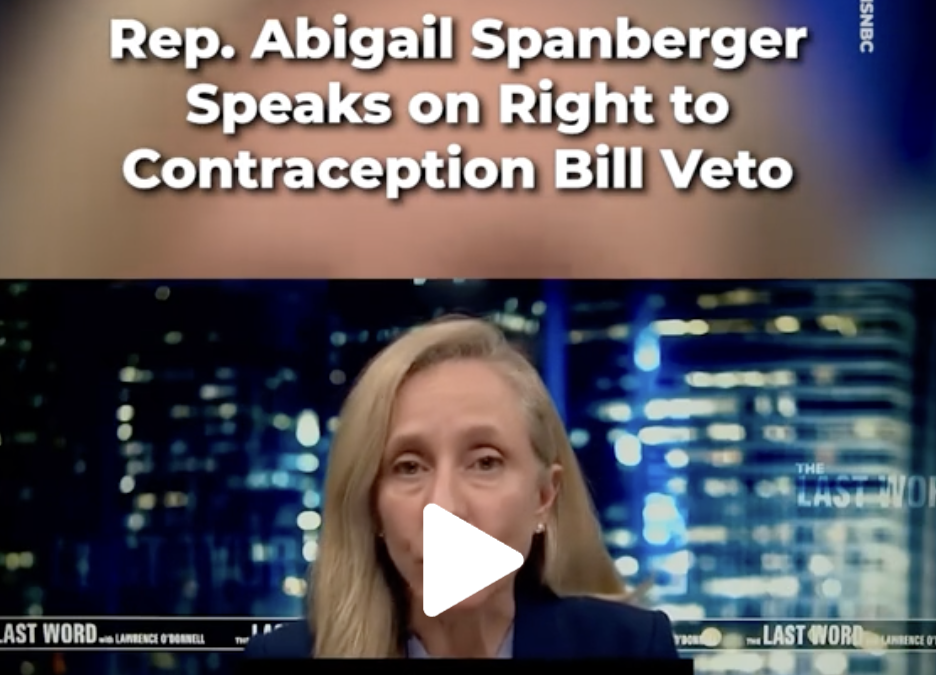
VIDEO: Rep. Abigail Spanberger speaks on right to contraception bill veto
Rep. Abigail Spanberger (D-Va.) criticized Youngkin’s refusal to sign a bill that would have given Virginians a legal right to contraception, saying...
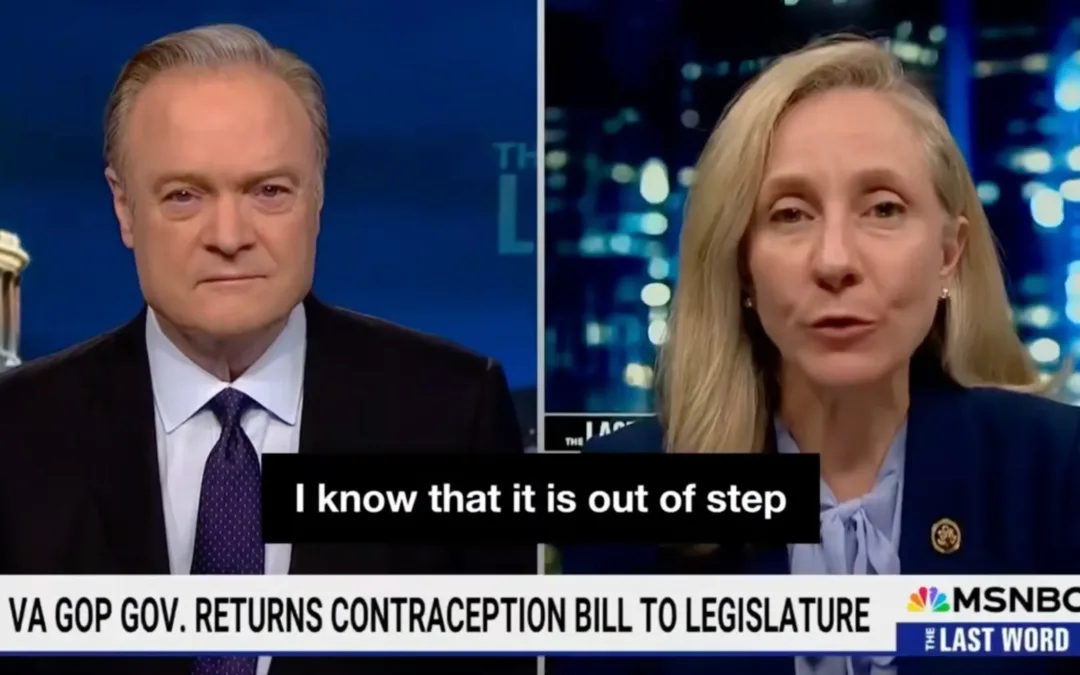
Spanberger calls Youngkin’s refusal to sign birth control access bill ‘outrageous’
Spanberger criticized Youngkin’s refusal to sign a bill that would have given Virginians a legal right to contraception, saying the move follows the...
Local News
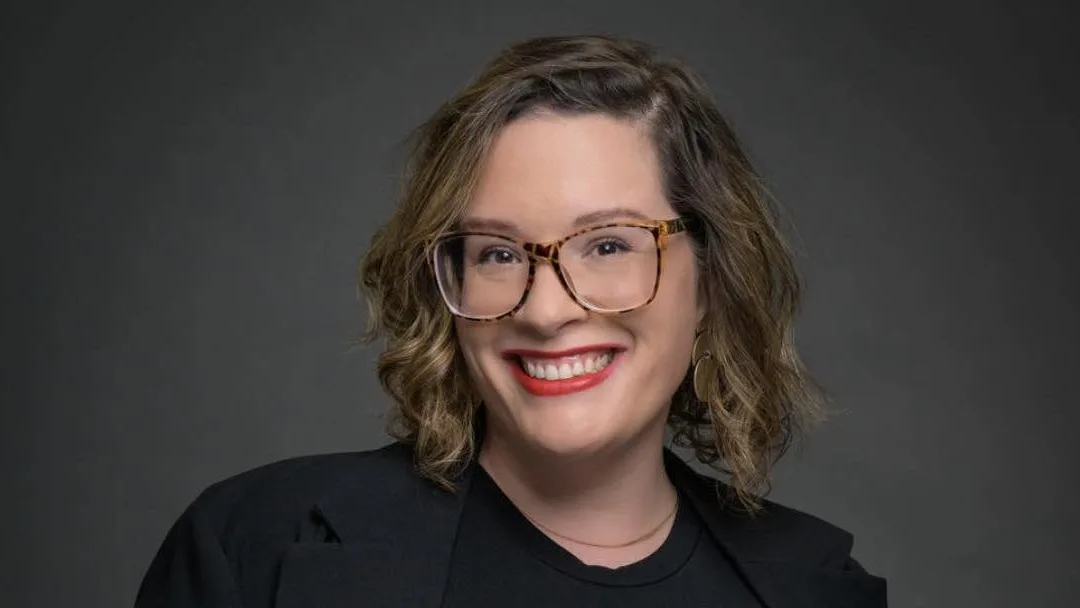
Southside woman keeps the arts alive through community theatre
Katelyn Murray, a financial planner from the Danville area, grew up on stage. “I have been dancing since I was three, up through 23. I've been...
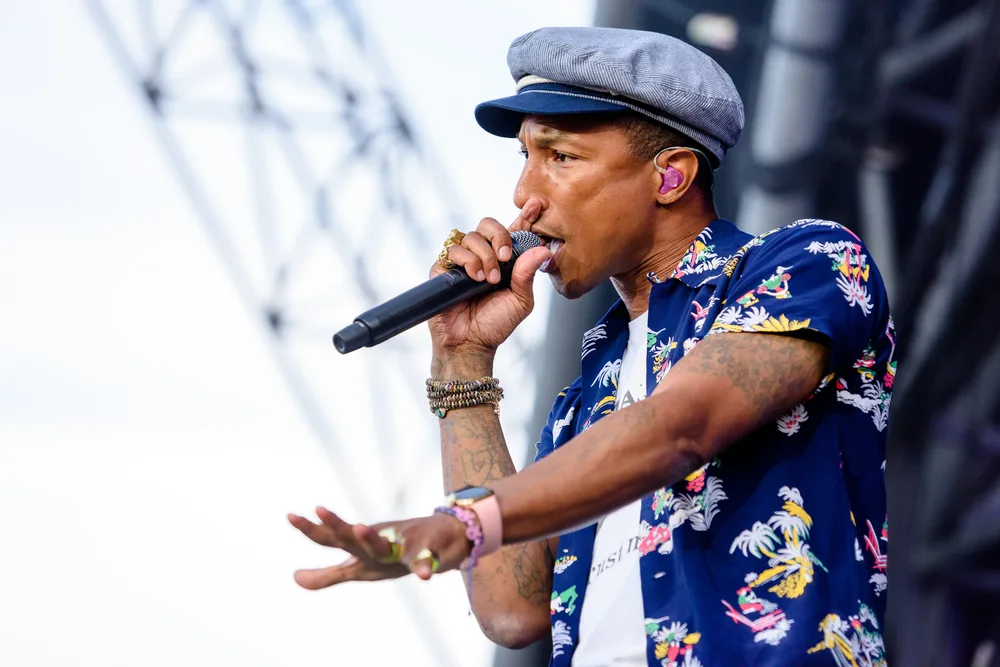
Virginia’s Homegrown Stars Had Big Moments in 2023
Although such celebrity meccas as New York and California may come to mind when you think of famous people, Virginia also has its fair share of...




